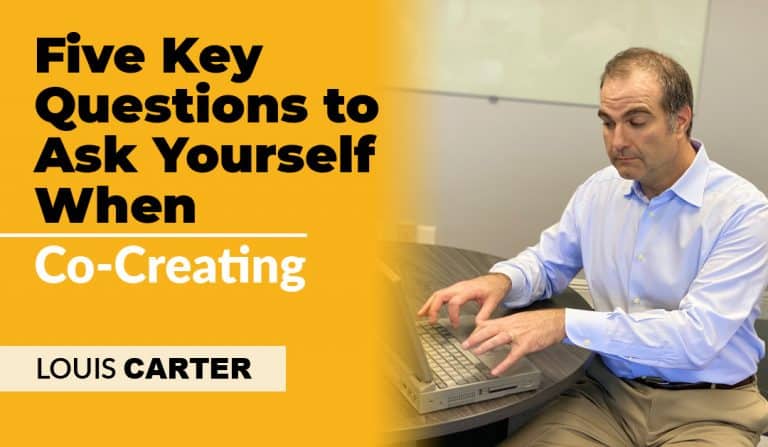You do not always have to achieve consensus. There are times when attempting to agree on some issues might even be counterproductive. It can result in expensive delays or a leadership failure. However, establishing consensus in an organization with several founders or partners might be critical.
Consensus building is a method of resolving conflicts primarily to resolve complex, multiparty disputes. However, it is also beneficial when numerous parties are involved in a complicated situation needing negotiation. Consensus building has been in the U. S. since the 1980s in the environmental and public policy arenas.
Different stakeholders (those with interest in the issue at hand) can collaborate to find a mutually acceptable solution through this procedure.
–>But, what if you are dealing with bully business partners? How do you build consensus with someone who sees things in Black and White?
Much like life, negotiations or meetings with business partners will not always go smoothly. And it can get trickier if your business partner happens to be a bully.
You must confront your bully. In my experience, most bullies are cowards who are not willing to fight. It is best to place the bully on the other side of the table during negotiations or meetings. Don’t give the bully any other choice but see your eyes, body language, and seriousness. Once they know you are serious, co-create a strategy for reaching an agreement, primarily when they lie, plot, and rarely listen.
What is the most effective way to deal with a business bully partner? You can use the following three winning tips to build consensus with them and get them off your case.
1. Build a Negotiation Mindset
People have always taken advantage of hierarchies to utilize authority against one another. Hierarchies and power, however, are intangible; we can build them at any time and in any scenario.
Second, you are always in a position of strength (you have something that your partner needs). For example, suppose a small nation is dealing with a superpower over some regional territorial disputes; the small country can destabilize the region or form a coalition with other superpowers, among different power leverages. The same applies to your situation.
Never undervalue yourself, especially on the “smaller side.” Bring a powerful mindset to the negotiating table. It would help if you told yourself, “The other side needs me, and they need to prove themselves for me to negotiate with them.” It will give you leverage and bargaining power.
2. Have a Compelling ‘Why’
When a person in a bullying power position refuses to do WHAT you want, the most thoughtful strategy is to emphasize WHY they must go along with it. Gandhi negotiated India’s freedom by emphasizing the moral imperative that piqued England’s interest.
Low-power leaders who seize control of the WHY catalyze change the most. A moral WHY is incredibly successful regarding social concerns, but it does not work in business. In business, you take control of the WHY by presenting a compelling business case. Have the upper hand over the bully partner during meetings/negotiations.
3. Be Indifferent By Using Your Leverage
Never give away your leverage, which is your ability to be indifferent, for free. Even if you need the deal to close, you should maintain your neutrality.
Life is not about a single transaction, person, or profession. It necessitates expanding your network not to be bound to any of them. Knowing that there are always more options will help you get uninterested in a particular one.
According to William Ury, co-founder of the Harvard Negotiation Project, people who had already determined they could walk away from the deal bargained better than if they had a lot to lose.
According to Ury, know your ‘Best Alternative to a Negotiated Agreement,’ or BATNA. When negotiators embraced their BATNA, he learned that they possessed the thinking of a Samurai.
Samurai teach to die before going into battle. They embrace the possibility of dying while fighting for their good cause. They were able to fight with more skill, boldness, and confidence as a result of this than if they had approached their confrontations with fear. Pre-accepting the repercussions of not making a deal can help you achieve a similar, confident mindset. Keep in mind that obtaining “half a loaf” is often preferable to having no bread.
I’ve seen a lot of initiatives get approved without the resources or financing they need to succeed, only because one business partner was more vocal than the other during negotiation. It would help if you walked away from such a situation rather than make a wrong decision that has repercussions.
Final Word
Deal with bully business partners on equal footing, regardless of their power or leverage. Imbalance is a fact of life, and we all need to improve if we want to make the world a more fair and just place.
[/et_pb_text][/et_pb_column][/et_pb_row][/et_pb_section]






